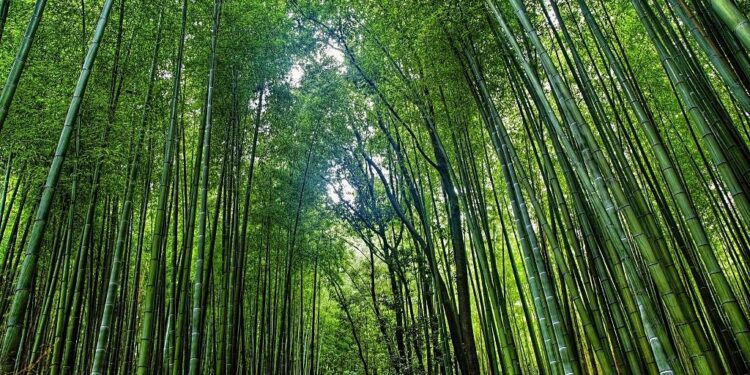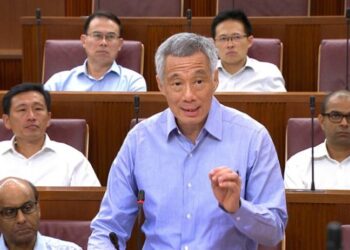Chiayi County, Taiwan, June 2: Hacking at a bamboo plant with a machete, Avayi Vayayana peels back the shoot’s stiff bark as he scans southern Taiwan’s mountains, anxious for more of the money-making crop his Indigenous tribe increasingly struggles to find.
Generations of the Tsou tribe have lived off Alishan township’s bamboo forests, which Vayayana says were planted by his forefathers and typically harvested in April and May.
But “the weather in the last few years has really been out of whack”, the 62-year-old tribal chief tells AFP.
“The rainfall has been delayed and the bamboo shoots’ growth is noticeably affected.”
In the Indigenous village T’fuya, the dark-brown cones of the island’s native stone bamboo — or phyllostachys lithophila — have become harder to spot.
“The little young shoots will not sprout if there’s no rain. After a while, they will die inside the ground,” Vayayana says.
The February-to-April rains are crucial to the growth of bamboo shoots — which are popular in Asian cuisine — but since late last year, there have not been any significant downpours.
The Tsou tribe, which has a population of 7,000 in Alishan, has seen their bamboo shoot harvest steadily decline.
On a misty May morning, a welcome drizzle finally blankets the bamboo forest Vayayana is working in, but he tells AFP it is too late.
This year, his haul is one-third of 2022’s harvest.
Worse, Vayayana and his family must now also contend with crop-raiding monkeys, he explains after an airgun shot rings out in the distance: his cousin trying to scare away the marauders.
“Because many surrounding bamboo forests have died, now where there are bamboo shoots, all the monkeys will go,” he says.




















